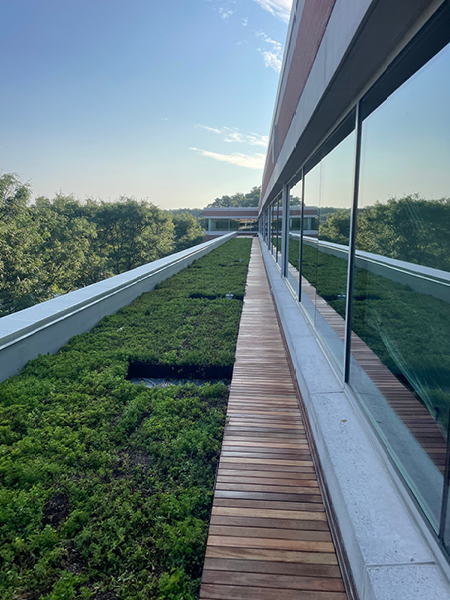Pursuing Building Energy Regulations: Energy Analysis Tools for Iterative Design

Advancing energy regulations and policies require rapid changes to help decarbonize the built environment in the face of impending climate change. In response, Massachusetts has emerged as a leader in this space. The commonwealth and its municipalities have adopted local regulations that challenge project teams to incorporate energy analysis and decarbonization into holistic design, requiring project teams to identify appropriate energy analysis in pursuing compliance. The Massachusetts Stretch Energy Code and Municipal Opt-In Specialized Code require building enclosure performance calculations and introduce compliance paths for various project types, including Passive House and net-zero certifications. Additionally, the Building Emissions Reduction and Disclosure Ordinance (BERDO) challenges existing building owners to evaluate strategies that improve operational carbon, such as enclosure upgrades and electrification and decarbonization of HVAC systems. Integrative energy analysis tools have also evolved to have a greater impact on the collaborative design process.
In this webinar, building enclosure and sustainable energy consultants will share applications of various energy analysis tools to commercial buildings, including a new construction office building, a multifamily residential Passive House building, and a net-zero carbon-neutral existing office repositioning. The case studies will demonstrate the process for identifying opportunities and options for iterative design, challenges associated with achieving performance goals, and general takeaways that other project teams should consider when navigating building energy regulations.
LEARNING OBJECTIVES
After attending this webinar, participants will be able to:
- Articulate key performance indicators for achieving building energy performance goals, such as energy code compliance and Passive House, net-zero, and carbon neutral certification.
- Recognize the distinctions between various benchmarking tools and their common applications across project types.
- Describe the general process and challenges associated with evaluating existing buildings and strategies that can improve operational carbon, such as enclosure upgrades and electrification and decarbonization of HVAC systems.
- Reflect on the lessons learned from the presented case studies that can be implemented by other project teams.
Participants will earn 1 AIA CES Learning Unit (LU/HSW) for attending the live webinar. Registration is free. Please note that space is limited – email events@sgh.com to join our waitlist if the session is closed when you register.

